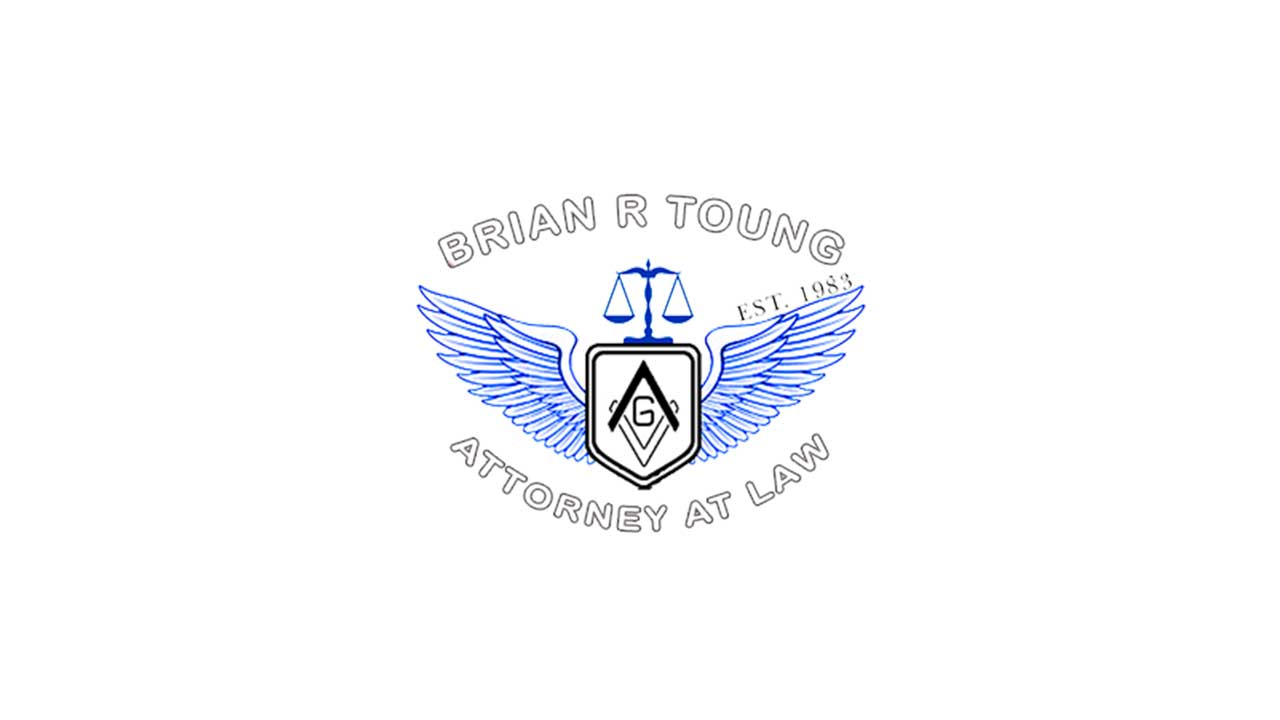Whenever you encounter a police officer, it is important to understand that everything you say may qualify as evidence against you in court, whether you believe you are guilty of a crime or not. While this primarily applies to official interactions with police, such as a traffic stop, all interactions with police carry the same possibilities.
The law only requires you to give an officer your name and show an official form of identification. It is rarely wise to completely refuse to speak after giving an officer your name. However, any questions an officer asks may elicit answers that suggest you are guilty of a crime. The less you say, the less evidence there is against you, so keep this in mind.
If an officer continues to ask questions you do not wish to answer, you can simply ask if you are free to go or state that you do not want to answer any more questions until you speak with your attorney.
The law also allows you to speak to officers in unwise ways that may not encourage positive outcomes from your interaction. It is legal to swear in the presence of a police officer, and it is even legal to insult an officer in some cases. However, if you grow particularly hostile with an officer or interfere with the officer’s duties, you may receive charges for disturbing the peace or something similar.
These days, it is more difficult than ever to know how to properly interact with police, especially when you are not in your own town, where you may have your finger more on the pulse of tensions between police and civilians. If you find yourself in conflict with an officer or simply don’t want to answer more questions than necessary, an experienced attorney can help you understand your rights and keep them secure.

